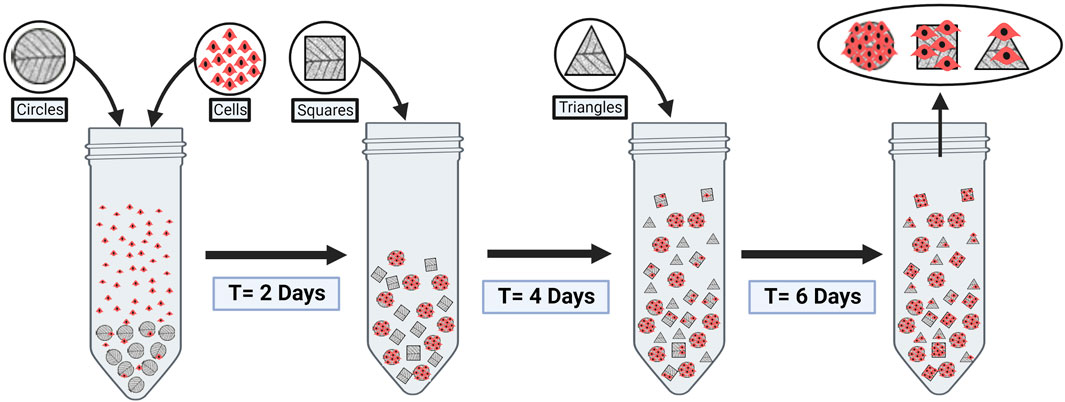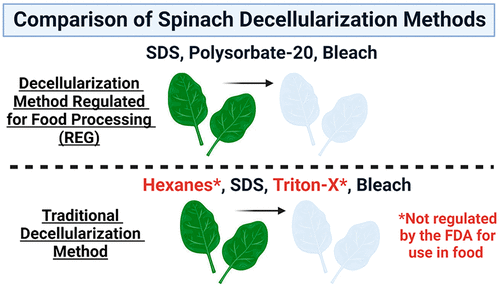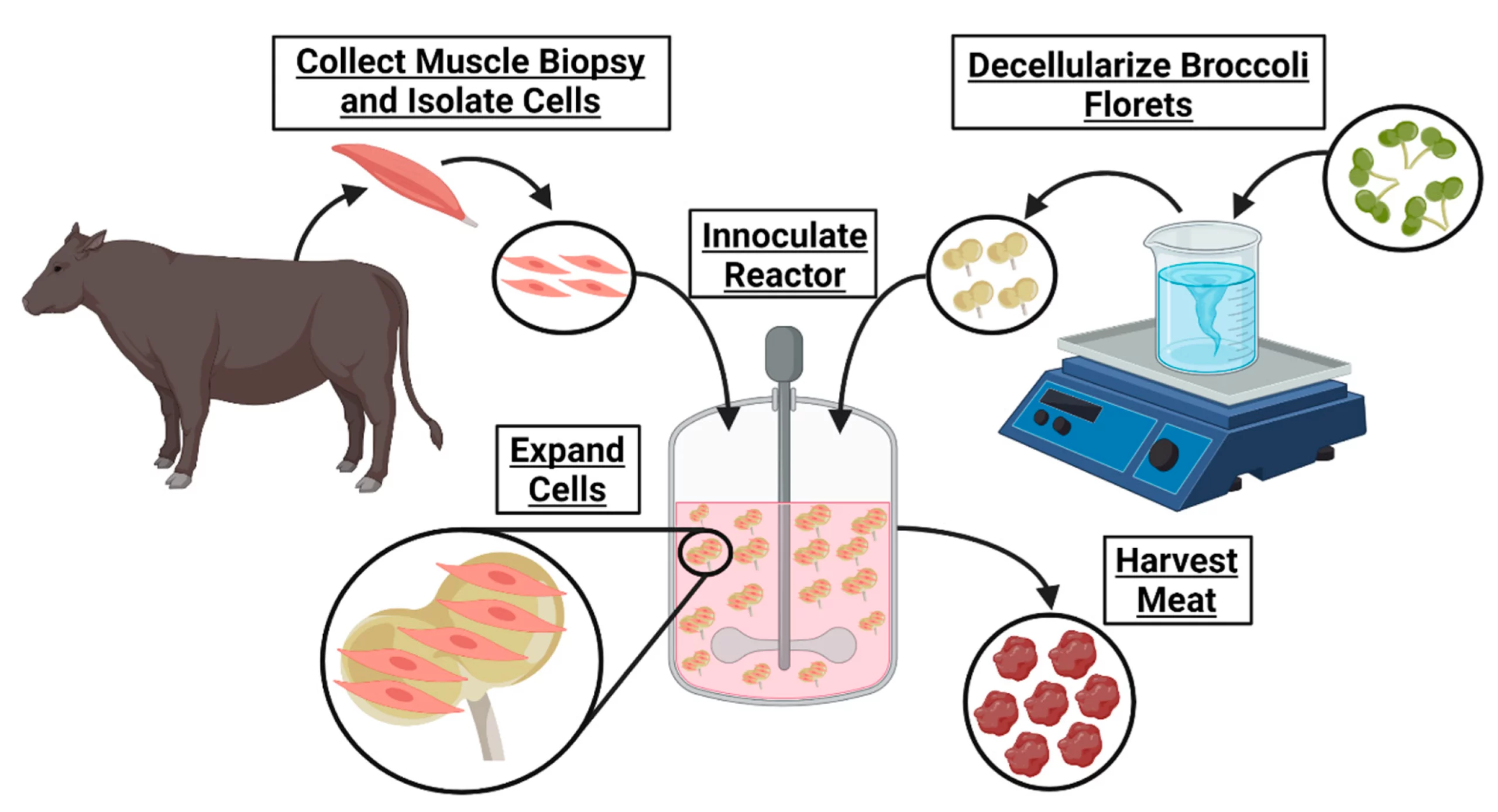Edible Cell Scaffolds
Culturing hot dogs using plants
Rick Thyden
Worcester Polytechnic Institute, United States
Boston College, United States
Rick Thyden
Worcester Polytechnic Institute, United States
Boston College, United States
Who: Rick Thyden, Ph.D. student in biomedical engineering
When: 2020 – Present
Institutes: Worcester Polytechnic Institute, United States; Boston College, United States
Supervisors: Glenn Gaudette, professor and chair of engineering at Boston College; Tanja Dominko, professor of biological science at Worcester Polytechnic Institute
Rick is developing edible plant-based scaffolds to replace synthetic, non-edible materials commonly used to culture meat. His research focuses on optimizing these scaffolds and determining the right bioreactor conditions to support cow, turkey, and rainbow trout satellite cell culture. Rick aims to culture enough cells for one 45g hotdog using his plant-based scaffolds so that his final product is fully edible.
Rick’s edible scaffolds and culture system brings us closer to providing a scalable cell culture system for cultured meat. Rick estimates that to make one cell-cultured hotdog, he would need to grow a whopping 1,958,000,000 muscle cells. To grow cell culture at this scale, his research focuses on optimizing growing conditions and materials to maximize output.
Featured

December 2020
Announcing New Harvest’s 2020 Grantees, AnnouncementPublications

Repurposing agricultural waste as low-cost cultured meat scaffolds
Frontiers in Food Science and Technology, 2023

Decellularization: Leveraging a Tissue Engineering Technique for Food Production
ACS Biomaterials Science & Engineering, 2023

An Edible, Decellularized Plant Derived Cell Carrier for Lab Grown Meat
Applied Sciences, Special Issue Latest Trend in Cultured Meat Study, 2022